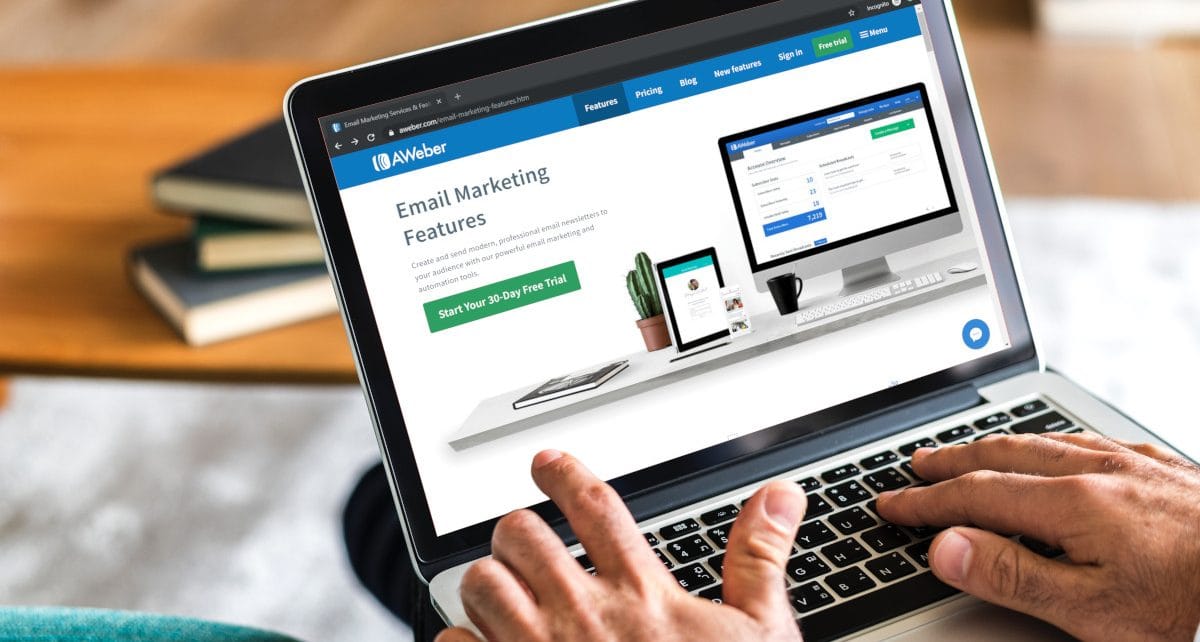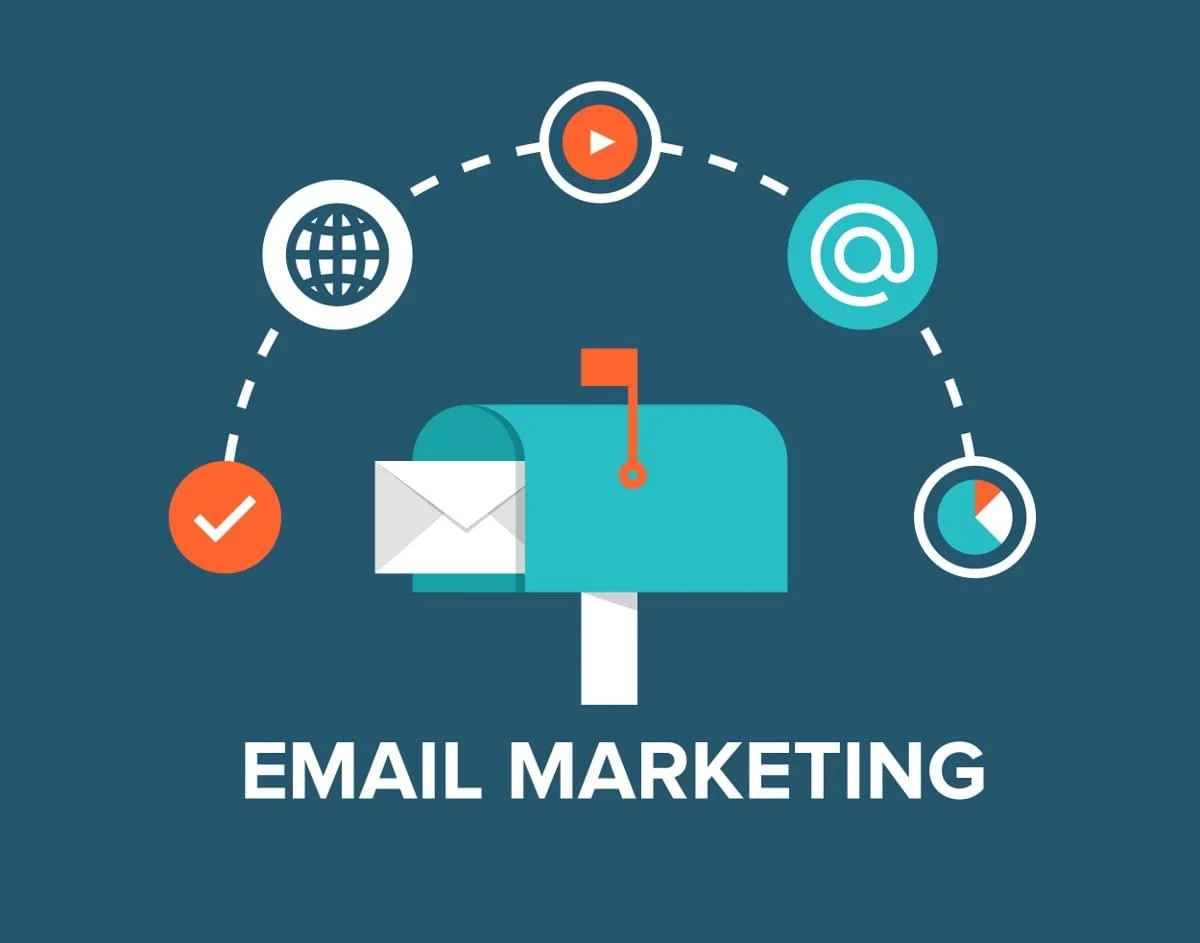Email marketing is a crucial part of any successful digital marketing strategy. However, with so many email marketing platforms available on the market, choosing the right one that suits your business needs can be challenging. The right platform should be able to help you create and send effective email campaigns, automate your workflows, analyze data and provide insights, and ensure deliverability.
Whether you’re an established business or a startup, choosing the right email marketing platform can make all the difference in your campaigns’ success. In this article, we’ll explore the top email marketing platform features you should look for when selecting a platform.

Features To Look For In An Email Marketing Software
1. User-Friendly Interface
A user-friendly interface is one of the most critical features when selecting email marketing software. A platform with a user-friendly interface is easy to navigate and allows you to create and send campaigns quickly and efficiently.
A user-friendly interface should have an intuitive and easy-to-understand dashboard, with all the tools and features readily accessible. It should also have a clean and organized layout that doesn’t overwhelm you with too much information at once.
2. Customizable Templates
Customizable templates are a crucial feature when choosing an email marketing platform. A customizable template allows you to create beautiful and engaging emails quickly and easily without any design skills.
A good email marketing tool should provide a wide range of customizable templates to use as a starting point. These templates should be easy to modify, allowing you to add branding, images, and text. This way, you can ensure your emails are consistent with your brand’s style and tone.
3. Segmentation and Personalization
Segmentation and personalization are two crucial features when selecting an email marketing platform.
Segmentation allows you to divide your email list into smaller groups based on specific criteria, such as location, purchase history, or engagement level. This way, you can send targeted and relevant messages to each group, improving their chances of engaging with your content.
Personalization takes segmentation a step further by allowing you to customize each email to the individual recipient. Personalization can include adding the recipient’s name or other relevant information to the email. It can also involve sending personalized recommendations based on their purchase history or browsing behavior.
4.A/B Testing
A/B testing is an essential feature when choosing email marketing platform features. Also known as split testing, A/B testing allows you to test different versions of your email campaigns to determine which performs better.
With A/B testing, you can create two or more versions of the same email and send them to different segments of your email list. You can test elements such as subject lines, send times, content, or calls-to-action (CTAs) to see which version generates the most engagement and conversions.
5. Automation
Automation is a critical feature to consider when selecting email marketing tools. Automation allows you to set up a series of predefined actions or workflows that are triggered automatically based on specific events or triggers.
For example, you can set up an automated welcome email to new subscribers as soon as they sign up for your email list. You can also set up automated workflows to send follow-up emails based on the recipient’s engagement level or purchase history.
Automation saves time and resources and allows you to send more targeted and relevant messages to your subscribers. By automating repetitive tasks, you can focus on creating high-quality content that resonates with your audience.
6. Analytics and Reporting
When choosing email marketing software, analytics, and reporting are essential. Analytics and reporting tools allow you to track and analyze the performance of your email campaign management, providing valuable insights that can help you optimize your strategy.
Excellent email marketing software should offer a range of analytics and reporting features, including open rates, click-through rates, conversion rates, bounce rates, and more. These metrics help you understand how your subscribers engage with your content and where you can improve.
7. Integration with Other Tools
Integration with other tools is an important feature to consider when selecting email marketing software. The integration lets you connect your email marketing software with other tools and services, such as your CRM, e-commerce platform, or social media accounts.
Integrating your email marketing platform with other tools can streamline your workflow and improve your overall efficiency. For example, suppose you integrate your email marketing platform with your CRM. In that case, you can automatically sync your email list and customer data, allowing you to send more targeted and relevant messages.
Integration can also help you improve the accuracy of your data and analytics. By integrating your email marketing platform with your other tools, you can ensure that your data is up-to-date and consistent across all platforms, providing you with a more accurate picture of your performance.
Conclusion
Email marketing has become an integral part of any successful marketing strategy, and choosing the right email marketing platform can significantly impact your campaigns’ effectiveness.
By carefully considering these key features, you can choose an email marketing platform to help you achieve your business goals and drive success for your email marketing campaigns.
Mailerday is a Perfect Email Marketing Service provider to grow your business. You can either hire our Email Expert or use our email services including SMTP service, email verification, a bulletproof server, & DMCA-ignored bulletproof service. All services are affordable and have 24/7 support.
FAQs
The essential features of an email marketing platform include email design tools, list management, segmentation and targeting, automation, analytics and reporting, A/B testing, and deliverability.
Email automation is crucial in an email marketing platform as it helps you send targeted and personalized messages to your subscribers at the right time based on their behavior and actions. It saves time and effort while increasing engagement and conversions.
Email deliverability refers to the ability of your emails to reach your subscribers’ inboxes. A high deliverability rate is crucial for the success of your email marketing campaigns. If your emails are not delivered, they won’t be read or acted upon, negatively affecting your engagement and conversions.


